MacPhail Presents… Native Spirits Sing
Q&A with curator, Pinar Başgöze
The Native Spirits Sing will be in Antonello Hall at MacPhail Minneapolis on Sunday, June 9, 2024, at 6:00 p.m. (pre-concert discussion at 6, performance at 6:30). This event is free and open to the public.
Pinar, what inspired you and your colleagues for this concert, “The Native Spirits Sing”?
As an immigrant musician in the United States, I always wanted to bring the musical culture I grew up in where I immigrated to. I have been trying to do that for the past 24 years, as well as discovering the musical culture of where I chose as my home, where I immigrated to. I have programmed and performed music by American composers such as Gershwin, Barber, Copland, Argento, Corigliano, and Glass. And then I have always been very curious about the Indigenous composers in this native land, in the Americas.
I co-founded a piano duo with another immigrant musician, Portuguese American pianist Susana Pinto. Our passion has always been to bring together the musical traditions from our native homes and the musical cultures of the place we call home later in our lives.
Our duo is the recipient of a Minnesota State Arts Board Artist Initiative Grant of 2020. For that grant proposal, we commissioned composers from Portugal, Turkey, and Minnesota to write music for piano four hands and a narrator. We have always wanted to expand that repertoire with pieces by Native American composers.
About two years ago, I was researching Indigenous composers who might have written a piece for a piano ensemble and a narrator. That search brought me an ocean of vast resources. I started learning more and more about Indigenous composers. The striking one was Dr. Louis Wayne Honga-Nό-Zhe Ballard, which means – stands with eagles. I learned that this composer significantly influenced the future of Native American composers. He was considered a trailblazer. I enjoyed listening to his work and was thrilled to learn about his life and achievements. That search inspired me to propose a concert program highlighting indigenous composers for one of MacPhail’s Spotlight Series.
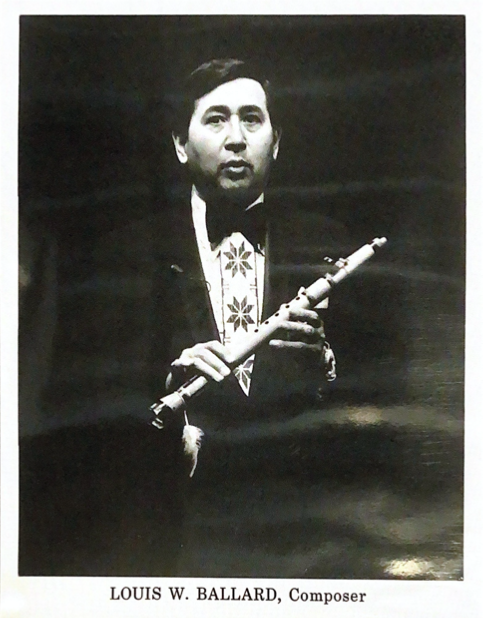
How did you discover the Indigenous native composers?
I had heard about a few names here and there but did not necessarily wholly understand how many more Native composers there were and the extent of their work until I dug deeper to discover Dr. Ballard.
My musical upbringing combines the core components of Turkish folkloric music with Western classical music. It was inspiring to see that Dr. Louis Ballard composed music similarly. He combined the core components of Indigenous music with Western classical music. He considered himself a bridge composer between the two genres. That was the beginning of my discovery.
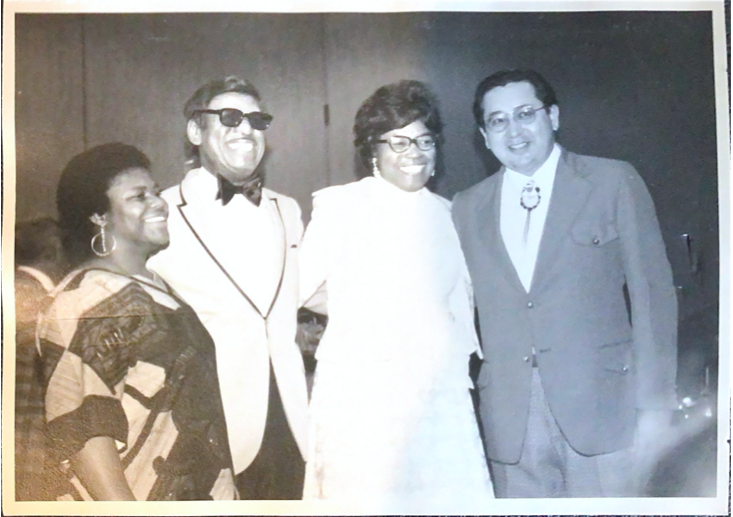
Discovering Dr. Ballard brought me to his successors and many more incredibly gifted and influential native composers in our music world. One of them is Brent Michael Davids, a brilliant Mohican composer and a music warrior for Native equity and parity, especially in concert music where there is little indigenous influence. His music will also be in this concert. The other one is Jerod Impichchaachaaha’ Tate, an incredibly creative, rising star Chickasaw composer, one of whose pieces will also be in the program.
What were the reasons for choosing these three composers for the program? What does each bring in terms of their talent and their genius?
I wanted to program at least a couple of Dr. Ballard’s musical pieces because he is considered the first Native American composer to synthesize elements of Native musical traditions and Western classical music authentically and personally. He had a huge passion for making people understand what is out there in terms of the core components of Native American music. He was against the misunderstanding of Native American musical patterns and rhythms, which are commonly misused in movies or other places.
He traveled all around the country. He visited and traveled to every Native nation, Native tribe, and Native country, including his own, and collected all these musical samples, traditional musical samples, and traditional musical instruments, and prepared the curriculum in the United States to teach all these instruments and core components of the Native American music in the schools. He received several awards and grants to pursue that, and the music he wrote was sought after in the 60s and 70s.
For instance, in the 1970s, the St. Paul Chamber Orchestra commissioned him to write “Incident at the Wounded Knee,” which our own St. Paul Chamber Orchestra premiered in 1971. His music was so well accepted in the ’60s and ’70s that it was performed by big orchestras like the Philadelphia Orchestra, New York Philharmonic, and Santa Fe Orchestra—I mean big names and big conductors.
And then, in the 1980s, he started feeling discriminated against. His music started not to be wanted anymore. It was swept under the rug, in a way. That was hurtful to him. All he wanted to do was bring the two worlds together and open people’s minds to create an understanding of both music worlds.
But he never stopped advocating for bringing the two cultures together, underlining the similarities more than the differences. That is one of the reasons I wanted to program his music: because he was a tireless and powerful advocate of his own cultural music traditions. He was a great teacher, and his music is enormously powerful.
How would you describe the work of Jerod Impichchaachaaha’ Tate & Brent Michael Davids
They are all classically trained 20th-century and contemporary composers deeply in tune with their own musical cultures. They bring their own musical and cultural traditions as the centerpiece of their music and allow the components of western classical music to blend in and wrap around the core native musical components .
Brent Michael Davids and Louis Wayne Ballard had a long-time friendship and mentorship. Brent Michael Davids considers himself a close friend and an apprentice to Dr. Ballard. Jerod Impichchaachaaha’ Tate says that Dr. Ballard was a strong inspiration for his pursuit of music.
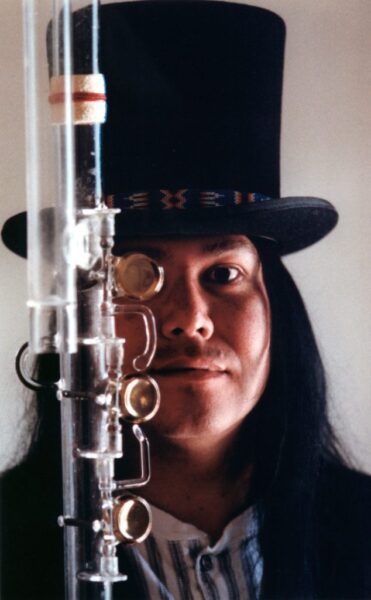
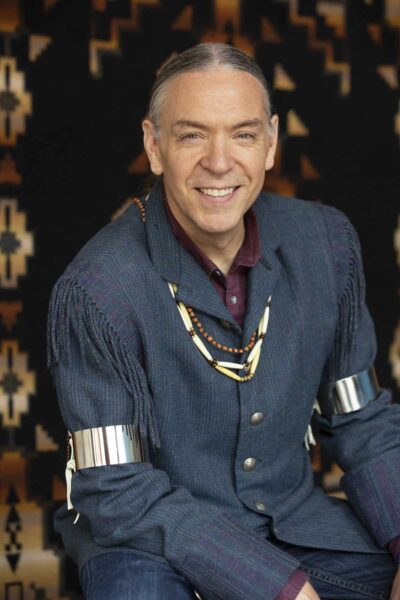
That’s why I chose these three composers. Each of them expands the horizons of their compositional skills and musicianship by bringing the two worlds together. They use the core components, patterns, and rhythms of Native musical traditions, woven together and constructed in such an intricate way that they are striking, creative, powerful, evocative, contemplative, and educating simultaneously.
What is the significance of the pieces that you chose for this concert?
There are more Native American composers up and rising right now. They are so prolific that narrowing everything down into just a one-and-a-half-hour program was hard. But I wanted to show and honor their significance, so I tried to choose the pieces accordingly.
Brent Michael Davids’ writing always emphasizes dialogue: dialogue between cultures, dialogue between people. He wrote this incredible piece, Taptonahana, for solo flute. It is about the language we speak to have a dialogue with one another, so that is why I chose Taptonahana as the program’s starter.
Also, Brent is a Mohican composer. I wanted to provide a little bit more polyphony in the concert because there are so many tribes and so many Native nations, and I wanted to have most of their voices heard in the concert. It is a little bit about representation. Brent is a Mohican composer; Dr. Ballard is of Cherokee Quapaw descent. However, the music he wrote, such as Katcina Dances, represents some very important ceremonial traditions of the Hopi Tribe. And the other piece by him in the program, the “Four Moons Ballet Suite”, is dedicated to the first-ever worldwide known five prima ballerinas from the United States. All five are of Native descent. Four variations in the piece will be performed in this concert to represent each ballerina and their nation: Shawnee Nation, Osage Nation, Cherokee Nation, and the Choctaw Nation. And then “MoonStrike” by Jared Tate. Jared impichchaachaaha’ Tate is a Chickasaw composer. There is a representation of the Chickasaw Nation and the piece he wrote for string quartet and the narrator, is called “MoonStrike”. It talks about three mythological stories about the moon, each from a different tribe.
My musician friends and I tried our best to bring as much diversity and representation of Native musical culture as possible within just one and a half hours.
What do you hope that the audience takes away from the concert or is inspired by in the concert?
This is one of the rare programs MacPhail has held, consisting of only Native American composers. And I hope we can shine a bright light on the Native composers and evoke or spark curiosity in our audience members.
First, I hope they will enjoy what they hear. This is very powerful, very evocative, great music by incredible composers. We will do our best to deliver this music the best way we can. Then, I hope the audience will leave MacPhail excited and enthusiastic about further researching these composers and their work. I hope to spark interest in hearing music not only from these Native American composers but also from many others.
Pre-Concert Talk
We have a pre-concert talk at 6 p.m. on June 9 by Sequoia Hauck, White Earth Anishinaabe & Hupa, a two-spirit, queer multidisciplinary artist. Sequoia will talk about a Native American composer, Zitkála-Šá, a writer, musician, educator, and political activist. Zitkála-Šá was most notably known for being the first Native person to write an opera, Sundance, in 1913.
Sequoia Hauck will also be the narrator to the Moon Strike piece for string quartet and a narrator by Jerod Impichchaachaaha’ Tate, in the second half of the concert.
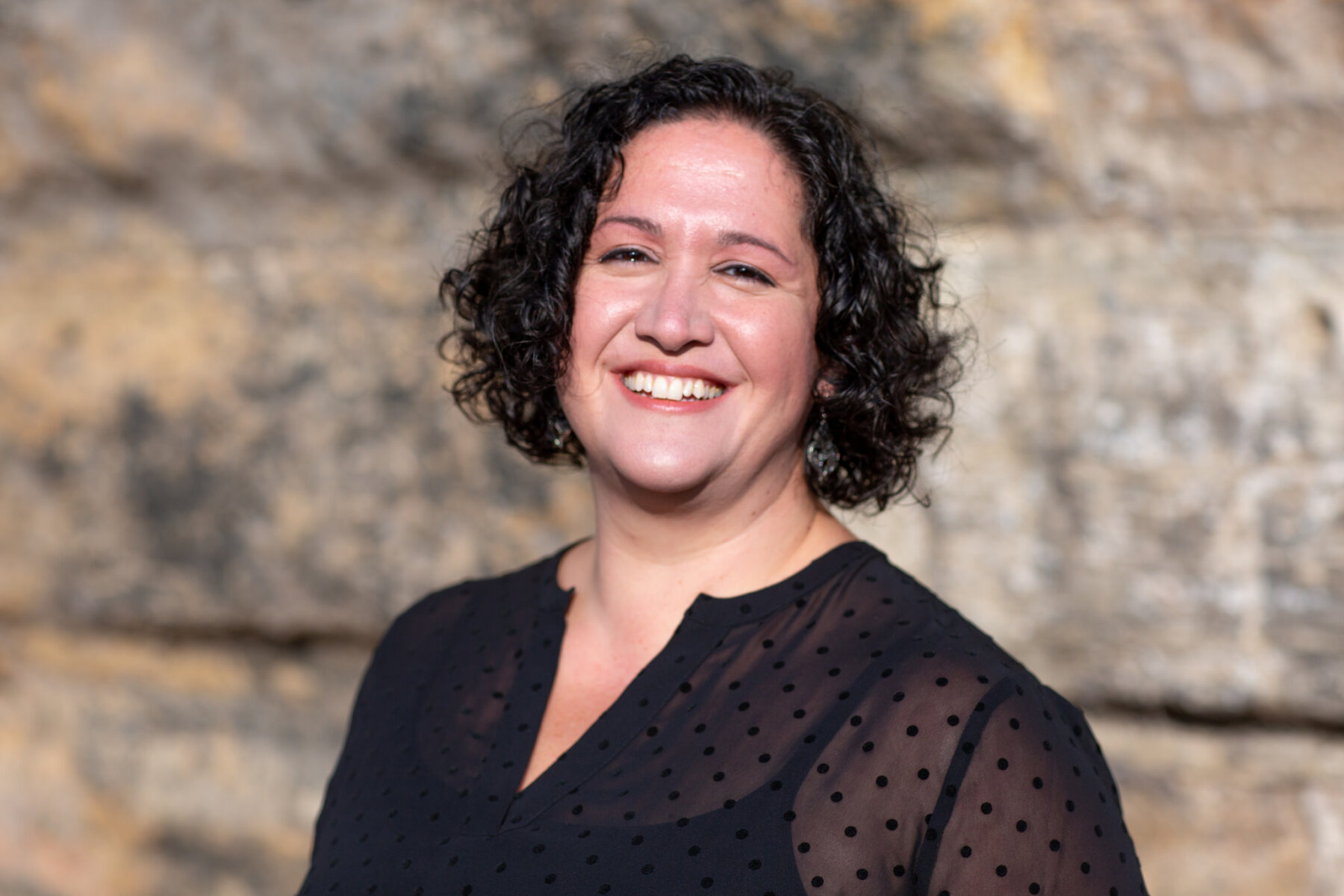
Pınar Başgöze has been a piano instructor at MacPhail since 2007. A dedicated teacher and solo and chamber music performer, Pınar is a firm, to-the-point, but extremely caring teacher with 30 years of teaching experience.
Her goal is to establish a solid musical foundation in her students’ lives, creating a love for music-making that her students can take with them regardless of their age and what they choose to be in the future. She tailors her lessons and sets up goals for her students within their abilities, and encourages them to involve their minds, ears, and hearts in the learning process. Pınar teaches traditional classical piano, strongly enhanced with note reading, technique, ear training, listening, music theory, and various repertoire pieces, including classical, jazz, blues, and rag.
A native of Ankara, Turkey, Pınar received her B. A. and M. A. degrees in piano performance under the tutelage of Professor Banu Perk at Hacettepe University Ankara State Conservatory in Turkey, studied Piano Pedagogy and Performance with Professor Maria Curcio in London and piano performance with Dr. Paul Shaw at the University of Minnesota School of Music.
